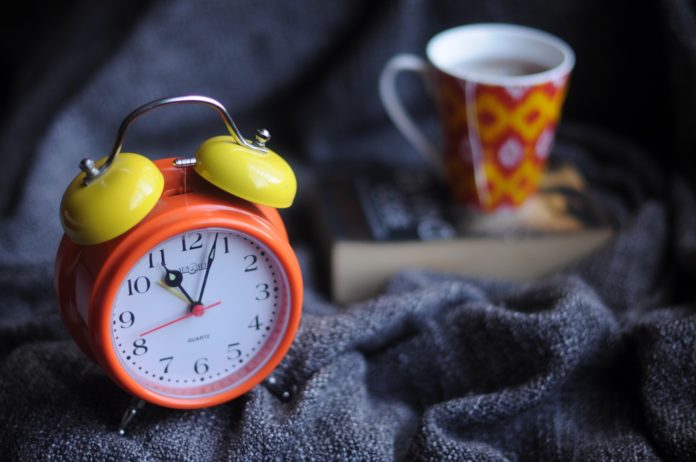The clocks go forward on 29th March 2020 at 1am, by 1 hour, so we all face getting up 1 hour earlier on the Sunday morning. Here’s 10 things you might not know about how and why we conserve our sunlight:
1. In 1907, a pamphlet entitled ‘A Waste of Daylight’, advised countrymen to get up earlier, which was made by William Willett, a keen golfer who was frustrated at having his games cut short by nightfall.
2. Year after year, however, the British Parliament blocked the measure and Willett died in 1915 at the age of 58 without ever seeing his idea come to fruition.
3. Willett is also the great-great-grandfather of Coldplay singer Chris Martin.
4. World War 1 made the issue of daylight more important because of the need to save coal and was first introduced by Germany and Austria in 1916, and then by the allies. Britain adopted DST in May 1916.
5. Iceland, Belarus and Russia are the only European countries to opt out of this system and instead remain on the same time all year round.
6. In 1968 Britain entered a three-year experiment, confusingly called British Standard Time – the country ran one hour ahead of Greenwich until 1971.
7. While the UK has always had daylight savings time since it was first introduced, it came into widespread use across the world during the 1970s because of the energy crisis.
8. In 2011, Conservative MP Rebecca Harris floated a bill calling for year-round daylight savings. A YouGov poll that same year found that 53% of Britons supported moving clocks forward an hour permanently compared with 32% who opposed the change.
9. The only states in the USA who not to use DST are Hawaii and Arizona – with the exception of the Navajo Nation. Energy conservation is the main reason given the amount of the sunlight they get all year round.
10. The Football Association, The Lawn Tennis Association and the England and Wales Cricket Board have all backed year-round daylight savings, and with good reason. The extra hour of daytime increases the time available for exercise, makes people more likely to attend evening sporting events and means professional athletes can train for longer.
Did You Enjoy This?
You might like our regular newsletter. We put all the best events, cultural highlights and offers from Buxton and the Peak District in your inbox every month.
This information will only be used to send you this newsletter. It is stored in Mailchimp.










